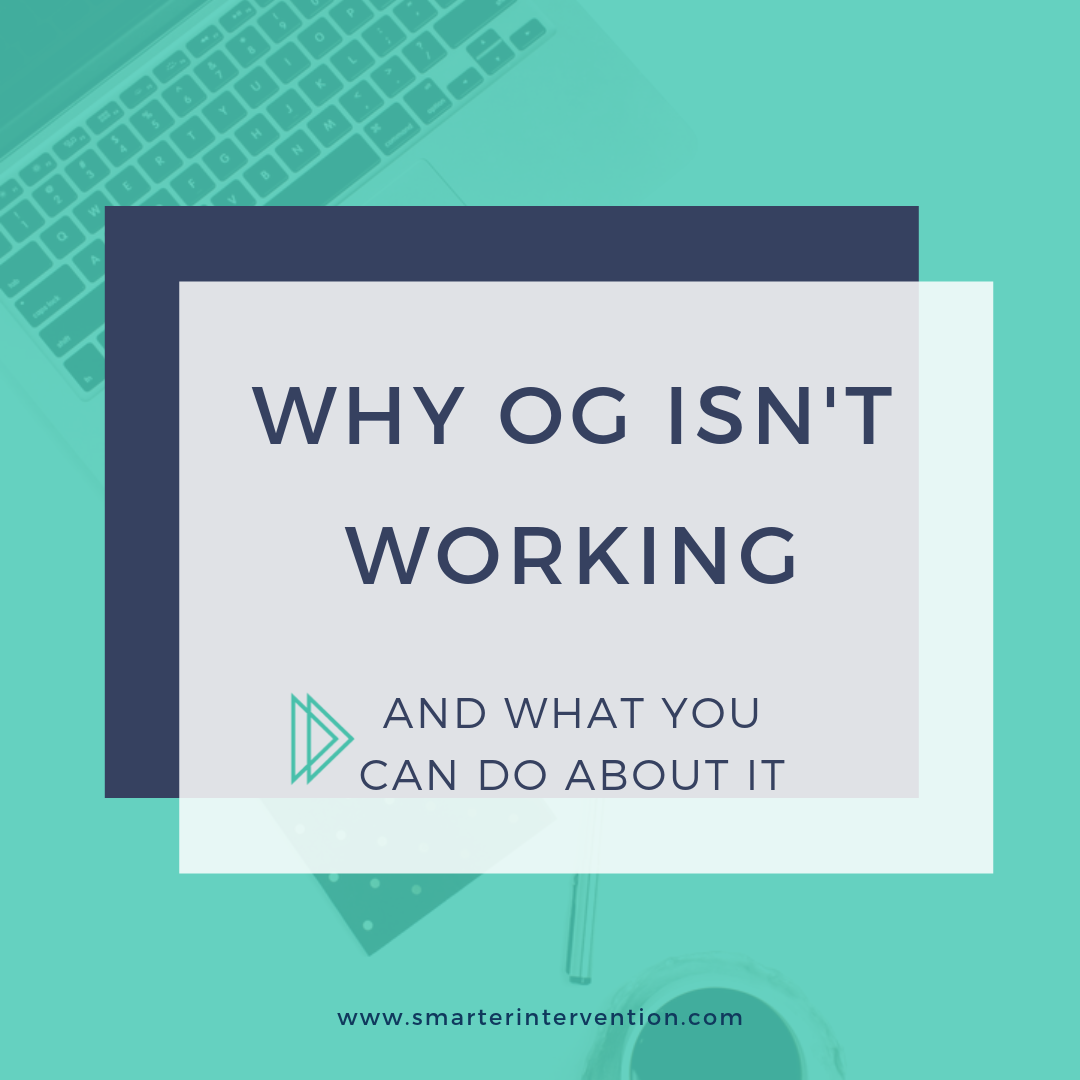Science-based literacy resources and articles
for families, educators and schools
Search by Category:
Categories
- Advocacy
- Authentic Literature
- Business
- Comprehension
- Data Tracking
- Differentiation
- Dyslexia
- Evaluation and Assessment
- Executive Functioning
- Games & Activities
- Helping My Child At Home
- How To
- IEP/504 Plan
- Lesson Planning
- Math
- Online Intervention
- Organization
- Parents
- Phonics
- Phonological Awareness
- Reading Comprehension
- Reading Fluency
- Research
- SLP
- Spelling
- Vocabulary
- Writing
8 Tips For Talking To Your Child About Dyslexia
Talking to your child about dyslexia can be anxiety-provoking. On the one hand you want them to understand why learning has been so difficult but on the other hand - you don't want to worry them or have them think anything is wrong. Using these 8 tips you will be well on your way to empowering your child to understand more about dyslexia.
How Do I Get Help From the School?
Now that school is back in session, we are getting this question quite frequently. There is a long answer (which we will begin to get into) but the short answer is that it is complicated but not impossible to get help for your struggling student from the school if you know the right questions to ask.
We wanted to walk you through the steps of getting the help you know that your child so desperately needs. Because this can be a complicated process we decided to break it down in the same way we break tasks down for our students.
Why OG isn't Working and What You Can Do About It
Discover why Orton-Gillingham (OG) instruction sometimes falls short and what you can do about it. Weak executive functioning might hinder progress, but with strategies to gain student buy-in, provide memory supports, and develop metacognitive skills, you can enhance learning outcomes. Join our FREE online workshop for more insights!
How Do You Determine which Accommodations are Best?
Once you have intervention in place to be sure your child is closing any skill gaps:
How do you get the right support from the school?
Talking with your child's school team is of paramount importance. You want to be sure that while your child is getting the help they need privately or through school-based intervention, that they are not continuing to fall further behind in the classroom.
Why Orton-Gillingham (OG) Reading Instruction?
What is so different about OG instruction?
A major benefit is that it meets the student where they are as opposed to assuming they indirectly picked up a rule/strategy without being given the explicit rule or pattern to follow. But equally as important OG is different than reading instruction they may have received previously because it teaches the "why" of our language.
Do I Need an Evaluation?
While there may be some cases in which it is good to wait, generally the answer to this question is - YES! While you absolutely do not need an evaluation to get started with remediation, it can help guide treatment and answer many questions for you, as parents as well as for the clinicians working with your child.
How is Learning Therapy Different From Tutoring?
Often by the time a student is suspected of having a learning disability, parents or caregivers have already gone to great lengths to support their child. Many have hired tutors or had teachers spend extra time with their child over the summer to no avail. So often families ask us how academic therapy or dyslexia therapy is different from what they have tried in the past. This is a wonderful and necessary question.
Discovering a Learning Disability
The best place to begin is to identify indicators of a potential learning problem. Think about it this way; if you have a student who has average to superior intelligence, has intact sensory perception (e.g., ability to see words on the paper and hear words) and has been instructed in reading and writing by a competent teacher for months or years, but is demonstrating a significant discrepancy between their IQ and their academic achievement, it is time for an evaluation.









